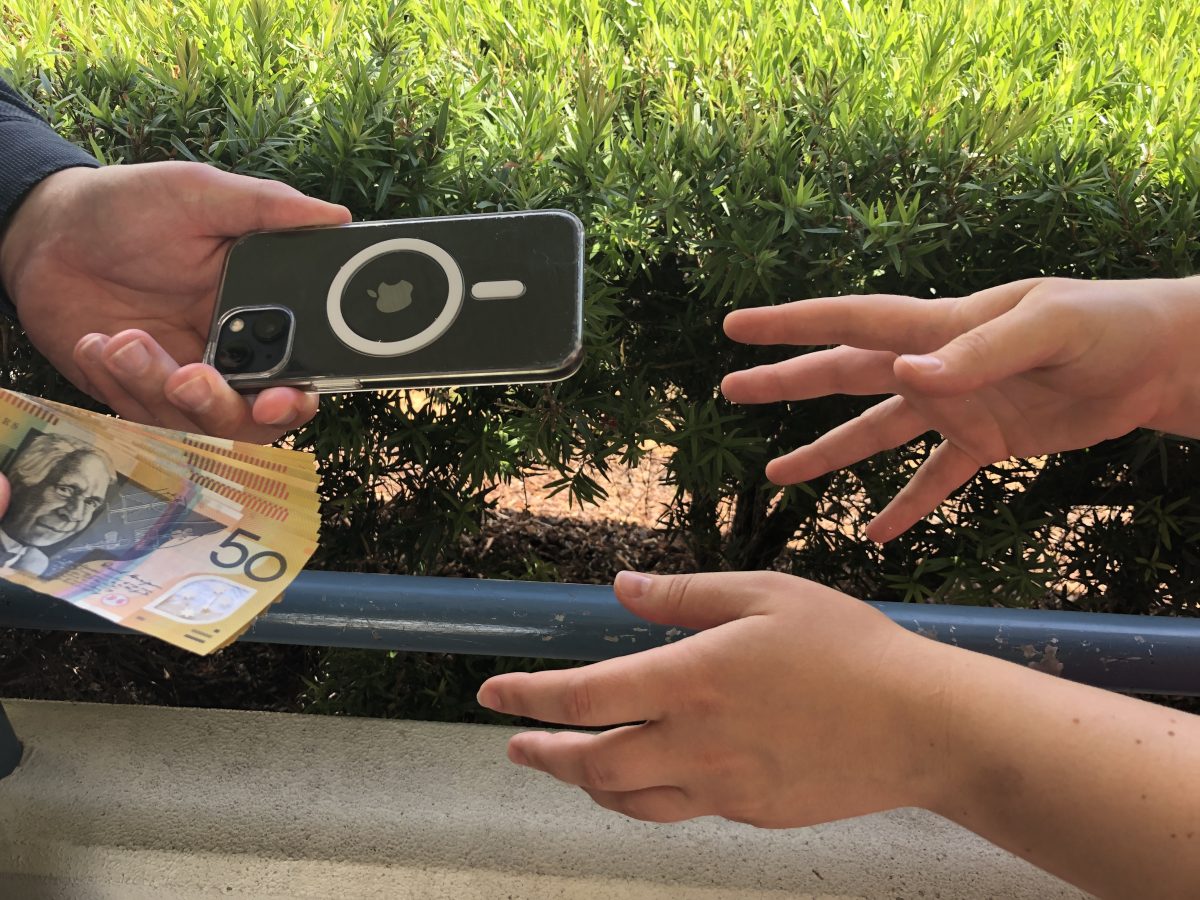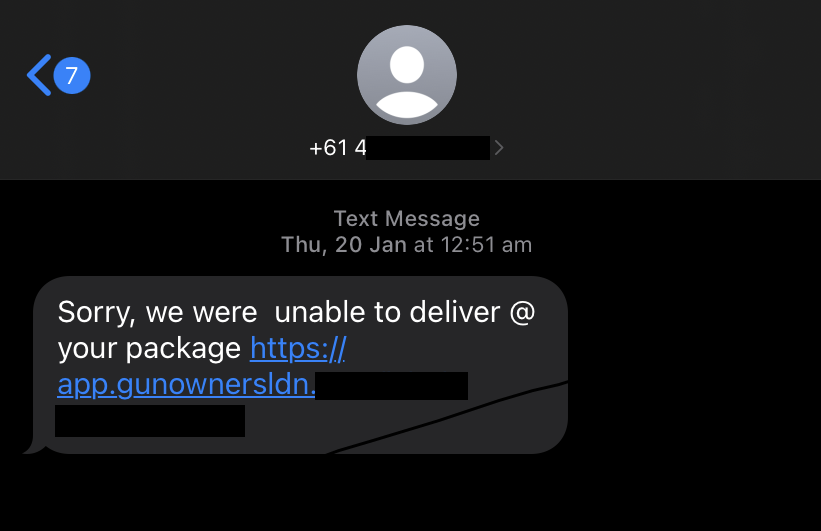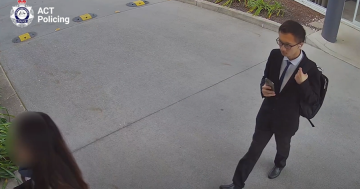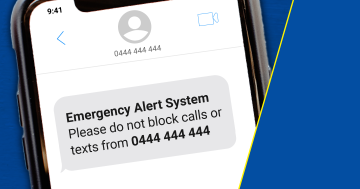
Police advise we shouldn’t hand over any items we’re selling online until we’ve been paid. Photo: ACT Policing.
Selling second-hand items online can be a great way to make a buck, reduce waste and provide someone else a cheaper option for presents this Christmas season.
But ACT Policing has warned we need to remember our own safety when selling goods via online marketplaces.
It follows an uptick in Canberra thieves posing as buyers then stealing the items.
“We are currently investigating a number of reports where offenders have posed as buyers and, during face-to-face contact with the sellers, have stolen the items as soon as it was unlocked,” ACT Policing Officer in Charge of Intelligence Detective Acting Inspector Paul Reynolds said.
Police didn’t reveal the exact number of incidents being investigated, but Det. Act. Insp. Reynolds said it was common at Christmas to see an increase in this type of crime.
Thieves aren’t targeting a particular demographic because it’s an “opportunistic” crime.
It’s also one that can be difficult to investigate because phones and other electronic devices are typically wiped at the time of sale, making it hard for police to track an electronic footprint.
However Det. Act. Insp. Reynolds advised sellers to wipe devices of all details – particularly social media log-ins, credit card details and passwords – before handing them over.
“We see at times devices handed over that haven’t been completely wiped,” he said. “Those sellers have then left themselves vulnerable to having their personal data exploited.”
He said sellers should hand over their items in a familiar place, but not at home.
He said avoid areas such as playing fields late at night and choose somewhere with easy exits and CCTV in case something went wrong.
“If things don’t feel right, be prepared to leave the area,” he said.
“While phones are valuable, they are also portable. Anyone looking to sell one should do the same as they would with any other small but expensive item, and hold onto their property until the sale is complete.”
He encouraged victims to get in touch with police or call Crime Stoppers on 1800 333 000.
“While you may feel your particular incident may not be resolved to your satisfaction, it may actually form part of a bigger picture. We can use that information to resolve these incidents as a whole.”

An example of a fake delivery scam. Photo: AFP.
We’ve also been warned to protect ourselves when buying Christmas presents online with an increase in fake delivery scams.
AFP Commander Cybercrime Operations Chris Goldsmid said cyber criminals would attempt to exploit people who might be stressed and less attentive to details during often the busiest time of year.
“Cyber criminals often impersonate trusted brands, such as legitimate parcel delivery services, to send messages designed to trick consumers into clicking on URLs containing harmful malware or providing personal information,” he said.
“This may include a technique called ‘spoofing’ in which cyber criminals make their messages look legitimate by using real company logos and fake sender details.”
The Australian Federal Police (AFP) advised that messages often asked recipients to click a link to track the package, confirm a delivery address, re-direct or collect the package.
Once you click on a link, you may be taken to a fake company website and asked to enter personal or financial details to complete delivery. It can also instal harmful malware on your device.
Red flags include requests for personal or financial information to confirm your order, an unexplained sense of urgency in the request, grammatical errors and suspicious URLs.
Commander Goldsmid said taking a few minutes to confirm the legitimacy of a message could save you thousands.
“Most delivery services will never text or email their customers to request personal or financial information,” he said.
“If something doesn’t feel right, take the time to verify the request with the organisation using contact information listed on their website.
“If you receive one of these scam texts or emails, do not click on any links, report it to Scamwatch, block the sender and delete the message immediately.”
Report scams and learn more about how to get help on the Scamwatch website. Contact police using ReportCyber and call your bank.



















